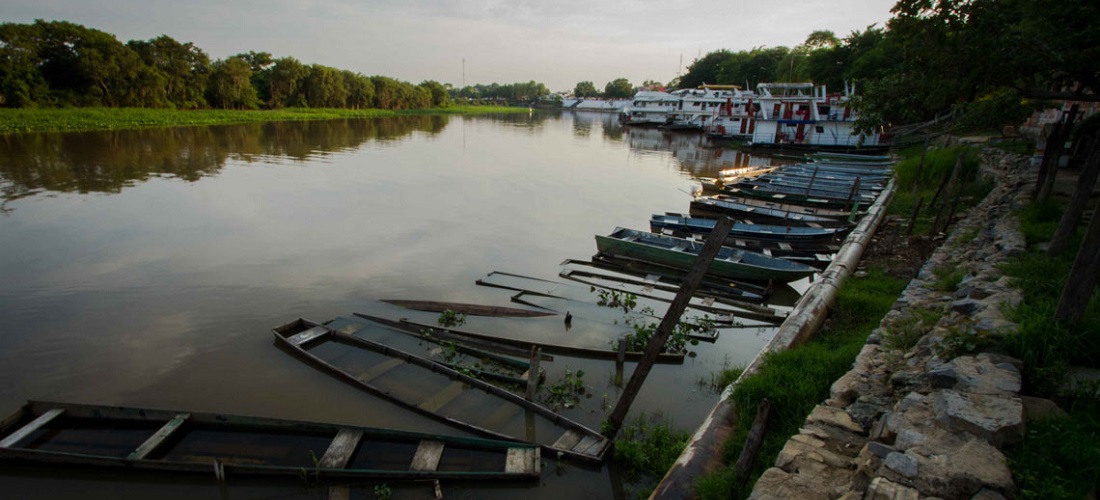
ANTAQ to submit final plan for waterway exploration grants
Jul, 12, 2023 Posted by Gabriel MalheirosWeek 202328
The National Agency for Waterway Transportation (ANTAQ) is expected to submit the final document of its general plan of grants (PGO in Portuguese) for the exploration of navigable or potentially navigable waterways in Brazil to the Ministry of Ports and Airports by the beginning of the second half of this year. This was announced by Eduardo Nery, the director-general of ANTAQ.
Nery explained that the PGO will identify the main regions with navigation potential, assess their pre-feasibility and propose a possible way of structuring the project to develop waterways. The aim is to increase Brazil’s competitiveness and development through water transport.
“ANTAQ has prepared a General Plan of Grants for the waterway sector, and we have already presented a first version to the Ministry of Ports and Airports, which was returned to us with feedback. We will deliver the final version of the PGO by the end of this month, which will define the priority of grants for our waterways,” he said.
The PGO will prioritize the hydrographic regions of Rio Madeira, Rio Tapajós, Rio Paraguai, Barra Norte, Rio Tietê – Paraná and São Francisco for waterway exploration.
The PGO is a State planning tool that follows the guidelines of national transport planning and the policies formulated by the National Council for Integration of Transport Policies and the Ministry of Infrastructure. Its purpose is to guide investors and consolidate projects for granting exploration of navigable or potentially navigable waterways and providing water transport services.
The plan has several goals, such as: providing the country with adequate waterway infrastructure; creating routes and reducing costs; increasing the supply of transport services; ensuring rational and safe operation of transport of people and goods; promoting social and economic development and national integration; and stimulating competition by encouraging private sector participation.
In his presentation, Nery showed data that demonstrate the benefits of waterway transportation.
“We have rich natural resources, but we need to make necessary interventions to turn a natural course of a navigable river into a waterway. That means ensuring draft, beaconing, and signaling. It would take 258 wagons or 515 trucks to transport what one convoy can carry in waterway transportation. We need to invest in our waterways,” he said.
Nery also argued that waterways, once established, would not only reduce CO2 emissions but also bring security for companies interested in offering and using this mode of transport.
-
Other Logistics
Feb, 26, 2024
0
Rumo delivers first kilometers of tracks for new Mato Grosso-based railway
-
Ports and Terminals
Nov, 27, 2019
0
Expansion of the west of the Port of Paranaguá quay advances
-
Ports and Terminals
Jul, 12, 2021
0
Port of Santos calculates loss of up to R$5.85 billion with TCU decision extending container operator contract
-
Ports and Terminals
Mar, 18, 2019
0
Brazil container throughput is expected to grow at an average annual rate of 6.5% until 2023, driving ECSA growth



